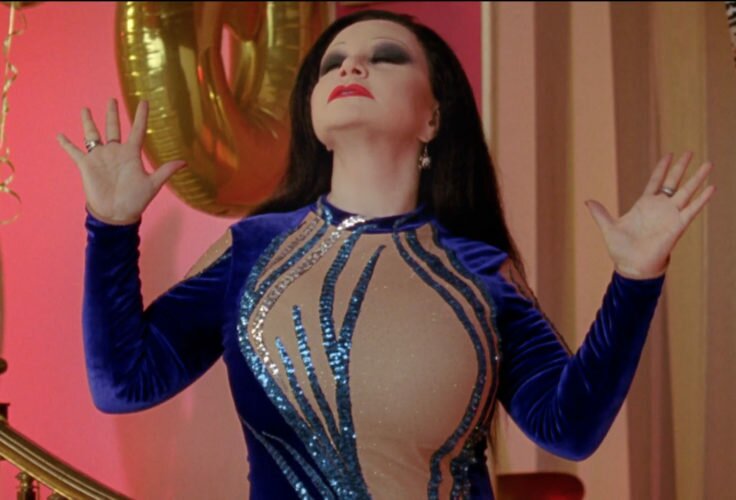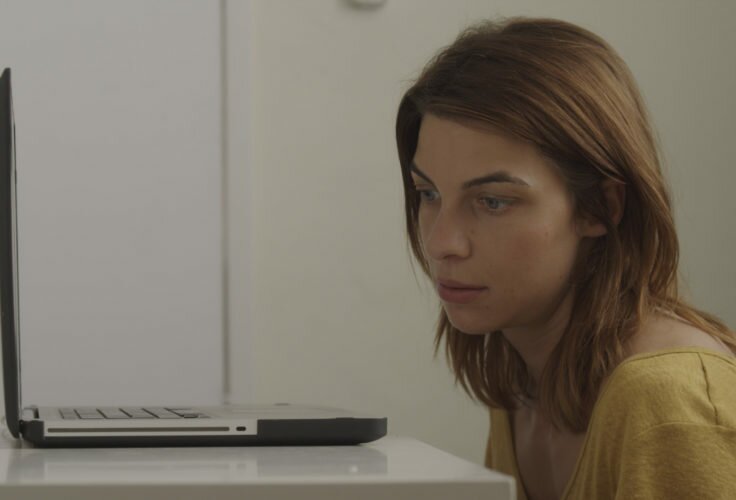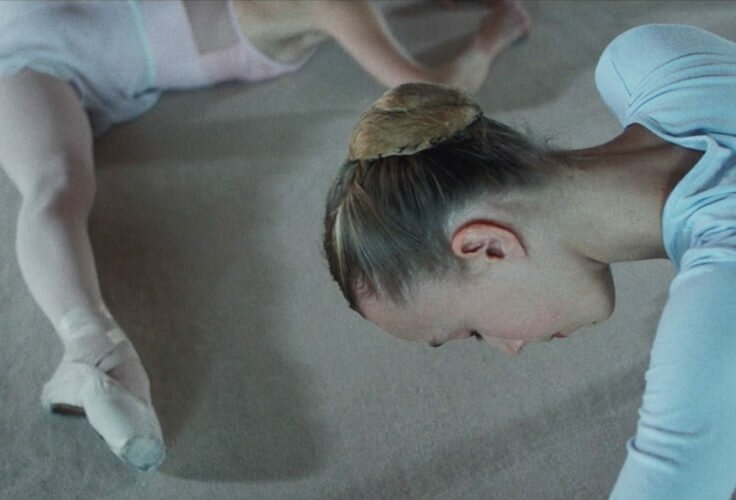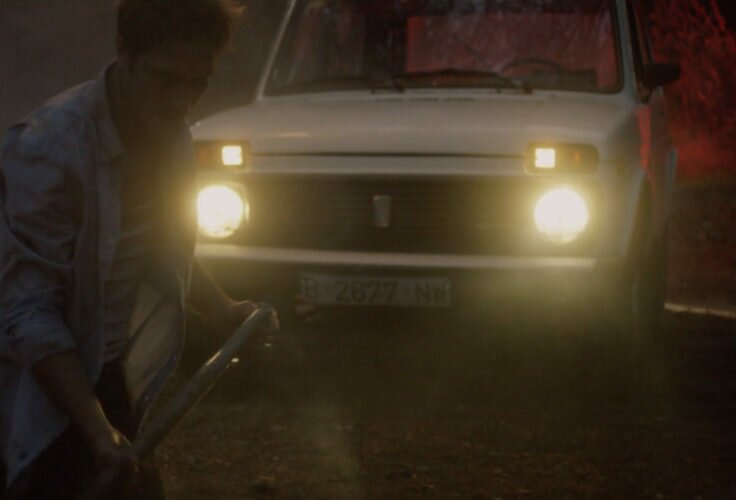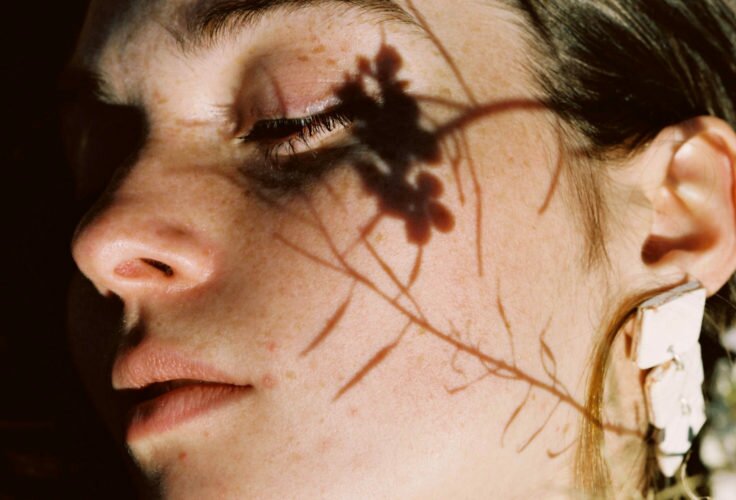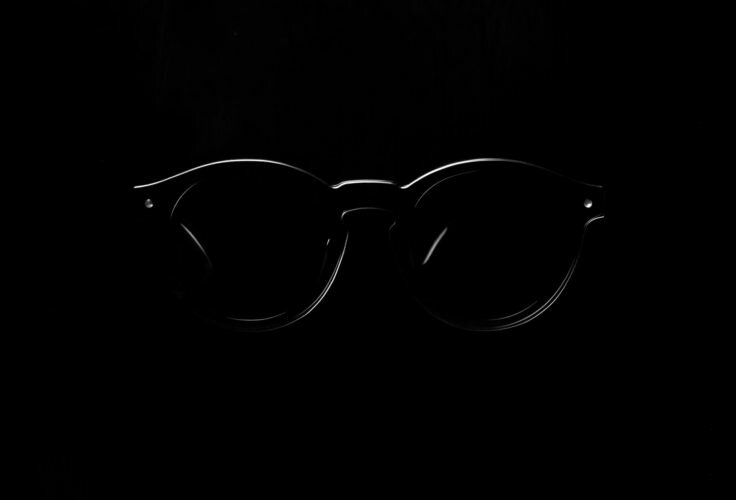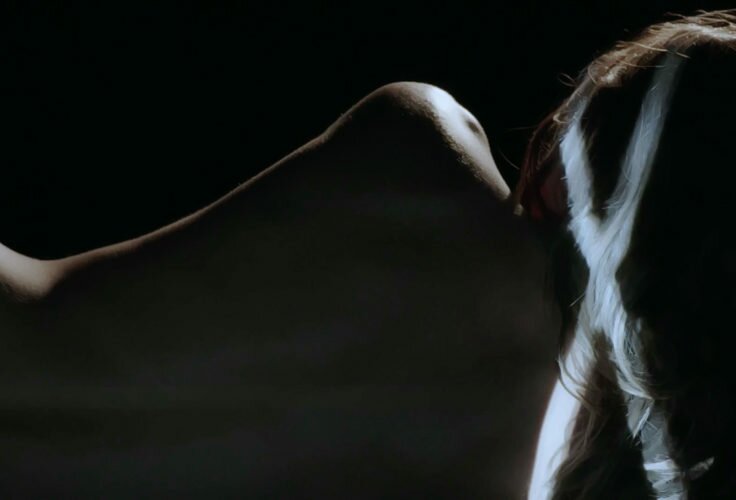Drake ha hecho un videoclip sobre recibir un tartazo en la cara, Child’s Play. Tyra Banks es la lanzadora. Y Ben Tuthill el testigo.
Thom Yorke

by Ben Tuthill

“I believe that the root of evil is daydreaming”, 20th-century mystic wrote in a letter to poet Joë Bousquet. “It is the unique consolation, the unique resource of the *malheureux*; the one solace that helps them bear the fearful burden of time … It has only one disadvantage, which is that it is unreal … In all its forms without exception daydreaming it is falsehood”.
Weil was never one to make things easier for anyone, especially herself: in daydreaming she saw an escape from the essential *malheur* at the heart of human life, an unjust fantasy that allowed her to deny the tragic realities of poverty, sickness, and war. You can see the direct contemporary reflection of that refusal in et al.’s Sad Girl Theory, which transforms the refusal to palliate depression as a radically political act. Is there a masculine equivalent? I think a Sad Boy Theory, if we really need to propose such a thing, is refusal by flight. Boys have plenty of reasons to be sad, but they’re also empowered with the ability to reject everything and strike out on their own. Refusal is a tempting prospect if you’re bummed out by the totality of the system and the inevitability of universal death. And it’s all the more tempting when you’re born with the means to go through with it. There’s a neat bit of power-play written into the rejection of all institutional forms of power.
When I was in college, a friend read John Krakauer’s and called me to make me promise that I would never do what did after graduation. I kept that promise, but I still had more existential dread than I knew what to do with. I dealt with it the way shiftless young men feel they should: I moved around country, drastically and semi-randomly, for the next two years. I’d try a place out until it got too difficult, then found an excuse to leave and went to some new place to start the whole process over again. It’s a good way to keep existential despair from seeping into your life; stay displaced enough to stay above the despair, and leave the second the horrors of everyday life start seeping back in.
Looking back, I hate the violence of that wandering, not only for the disruption of the everyday lives that I toured, but for the considerable privilege I squandered in order to make it happen. My Sad Boy Theory was something like an actualized daydream, hating everything so much that it transforms the world into a dreamy sidewalk for your own choked-up meandering. There’s something almost magical about it; an infinite series of open doors, all leading into violations, and all rejected along the path toward a solipsistic squandering of my Sad Boy self.









If there’s one ultimate Sad Boy band, it’s Radiohead, who can maybe more than any band claim credit for contemporary male norms of sadness. If Robert Smith taught a generation of boys Radiohead taught them how to stare at the wall blankly meditating on environmental degradation and video tape. Paul Thomas Anderson’s video for their latest single Daydreaming is maybe the best depiction of their Sad Boy Condition. Thom Yorke wanders from one scene to the next, barging into a new everyday life every time he opens a door. He doesn’t look happy or even remotely fulfilled: the best we get is an awkward grin as he rides an elevator, singing to himself. The generic scenes he passes through are filled with the everyday struggles that look like inanities when you’re nothing but a tourist in somebody else’s life. Eventually the tourism gets to be too much, and all that’s left is a retreat into the mountains, nestled up next to an impossible lit fire where you can curl up, smile, and die.
There’s nothing comforting about PTA’s video. The only thing I read in his conclusion is a quiet form of despair. In the end, that sort of despair is a sort of daydream too: one where the horrors of modern life feel ok so long as you’ve internalized their horrors and accepted them. Dante set Satan sitting at the bottom of hell, frozen into a lake filled by his own freezing tears. The idea, at least in one reading, is that self-pity is the worst of all sins, because self-pity alone allows you to accept the horror of all existence and to then do nothing about it. Self-pity, like daydreams and ramblings and wilderness retreats, is just another way to translate *malheur* into something somehow tolerable, even if that toleration is the embrace of its unappeasable inevitability. There’s something profoundly apolitical about that – the refusal to participate in the love of anything but one’s miserable malheureux self. What’s politics without other people? It’s a world of hideous power structures and no rest but the empty shell of yourself. Love is a saccharine feel to settle on, but it’s hard to consider a politics without it. “Daydreaming excludes love”, Weil wrote, finishing her thought to Bosquet. “And love is real”. What’s love and what’s real are some of pop music’s great questions. But I don’t think the answers are in daydreams about fires.


